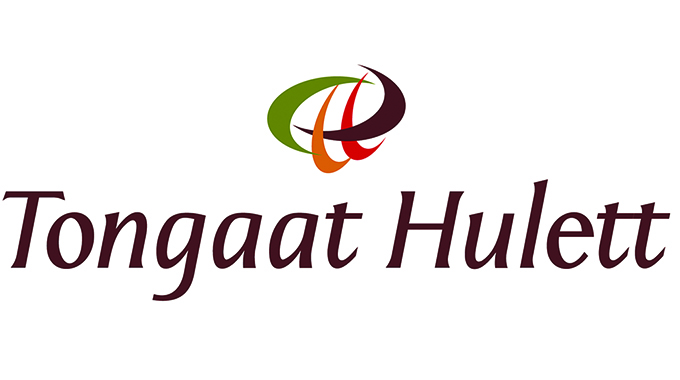
Harare Bureau
SUGAR growing and processing concern, Tongaat Hulett Zimbabwe (THZ), says it is ready to rollout US$40 million ($3,2 billion) Kilimanjaro Sugar Project to increase aggregate sucrose output.
Tongaat partnered local banks last year to finance the Kilimanjaro Project, which entails development of nearly 4000 hectares of virgin land into cane fields at Hippo Valley estates on a cost recovery basis.
The fields would then be subdivided into 20-hectare plots for allocation to indigenous farmers by the Government as part of empowering them. However, the project had stalled after banks put brakes on financing in the wake of a volatile local dollar that was rapidly depreciating.
About 2600ha of virgin land had been cleared with 600ha put under cane when the project was stalled.
Tongaat had poured more than 50 percent of funding for the cleared land before work stalled, prompting the sugar producer and the Government to temporarily put the land under traditional grains to improve food security.
The firm’s managing director Aiden Mhere, on Friday indicated the sugar producer had capacity to mobilise funding to complete Kilimanjaro.
Mhere said that his company was pleased with positive signs from the Government to protect its investments in the Lowveld through issuance of a lease.
“Security of tenure is very important when it comes to investment and we are very encouraged by the Government’s commitment to give us a lease for our cane farming operations here in the Lowveld.
Whether they give us a lease or title deed this is important because we are guaranteed of a long term presence in our operations so we can invest,” said Mhere.
He said the stability of the local currency was also encouraging.
“If we get that lease we will be able even to fund the remaining work at Kilimanjaro as Tongaat, we can raise that money once we have security of tenure. There was also another issue of rapid depreciation of local currency, which forced banks to back off but now I think there is stability in terms of our local currency, which is a positive development.”
Tongaat had temporarily committed part of the cleared Kilimanjaro land to traditional grains after consultation with Government, which emphasised the need to help the nation become food secure and stem food imports that were milking millions of dollars in hard currency.
“We will plant cane on the cleared land that we are currently growing traditional grains. We just saw it fit to work closely with Government in the area of improving food security, but we definitely plant the cane, we are committed to Kilimanjaro project,” said Mhere.
The landmark sugar cane project has been dubbed as a game changer for the sugar industry owing to capacity to help Zimbabwe rake in more hard currency from sucrose exports.
Tongaat’s investment in the project in partnership with banks was also touted as a vote of confidence to the new dispensation’s Zimbabwe is open for business mantra.
Zimbabwe currently produces around 480 000 tonnes of sugar annually but Tongaat’s two sugar mills at Hippo Valley and Triangle have a combined installed mill capacity of 600 000 tonnes annually.
Kilimanjaro would ramp up output towards full capacity while creating jobs and opportunities for local firms involved in land clearing and suppliers of agricultural inputs.
The country currently makes around US$60 million from sugar exports and Kilimanjaro will help the figure shoot up to nearly US$85million.
